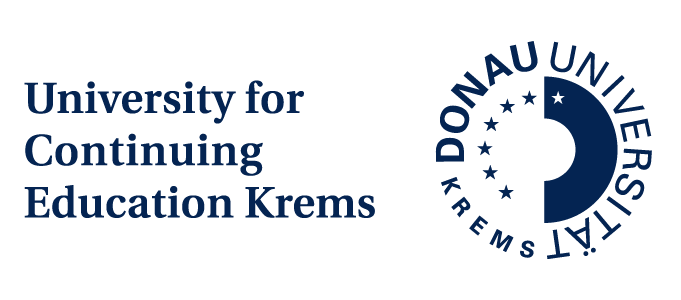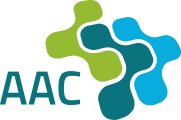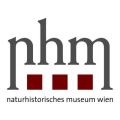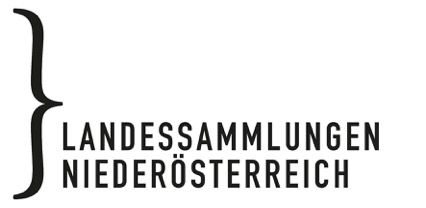
Team
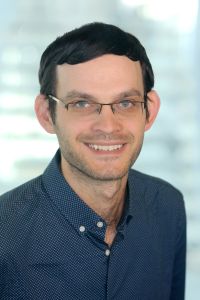
PI UBC – PI Team UWK
Mag. Jakob Maurer
has a track record in Neolithic & Copper Age archaeology. He has been involved in numerous field-work-campaigns and archaeological projects; special personal interests include Copper Age “cultural groups”, absolute dating with 14C, statistical methods for finds evaluation, the influence of taphonomic factors on site identification and interaction with private collectors. He is a scientist at UWK since 2019, before that he was employed as prae-doc-Assistant of the chair of Prehistoric Archaeology at the Univ. of Vienna.
He has also worked as deputy manager of the Austrian Society for Pre- and Protohistory, as spokesperson for its working group “Neolithic & Bronze Age” and as Editorial assistant of the Journal of World Prehistory. In UBC, Jakob is the main responsible person for the overall setup, management and coordination of the project and guides the archaeological work packages.
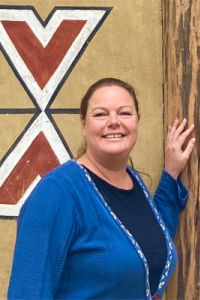
Scientist UWK
Julia Längauer, MA
is the main junior researcher from the archaeological side of “United by Crisis?” and will use the publication output of the project for her PhD, which is supervised by Eva Lenneis at the Univ. of Vienna. She has prior experience on the LPC site of Schletz through her participation in the research project “Mobile Things” (2019–2022) as well as interest and experience in CS communication.
She personally raised the idea of conducting a structural analysis with surveys and GIS-analysis of the Schletz settlement cluster. In UBC, she is the central operator in most archaeological work packages, as well as the person in charge of the archaeological surveys and the finds analysis done together with Citizen Scientists.
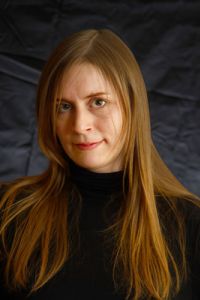
Scientist UWK
Cornelia Hascher, BA
has focussed on settlement burials from the LPC in Lower Austria within her master’s thesis. She has extensive experience with finds processing through her work in archaeological collections and commercial rescue archaeology as well as practical knowledge concerning spatial analysis with GIS.
In UBC, she works closely with Julia to handle the workload arising from the extensive participation of Citizen Scientists in the project. In the publication phase, she will focus on the assessment of the AMS 14C-dates.
Team
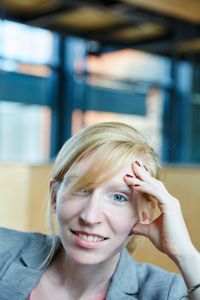
PI Team MUL
Assoz.-Prof. Dr. Johanna Irrgeher
is assistant professor at Montanuniversität Leoben and obtained her habilitation in analytical chemistry in 2020. She has a >15-year record track record in environmental analytical chemistry and in leading project activities related to analytical chemistry and mass spectrometry. She is experienced in terrestrial sampling and has been involved in large sampling campaigns, including many archaeometric projects. Johanna has been involved in various transdisciplinary national and international research projects, has supervised more than 30 students from all levels and is engaged in science outreach activities.
In UBC, JI is leading the activities around isotope ratio analysis and establishing isoscapes.

Scientist MUL
DI Michael Schober, MA
holds a master’s degree in history and philosophy of science (University of Vienna) and a master’s degree in technical chemistry (TU Wien). He is specialized in history of science and analytical chemistry. During his bachelor’s study, he was already involved in a project researching the diffusion of metal into human bones with a case study using LA-ICP-MS and Bronze Age finds.
In UBC, he is investigating foremost Sr isotope ratios in human remains. Furthermore, different environmental samples of the area from Asparn/Schletz will be analyzed as well for tracing migration patterns. Therefore, he will conduct sampling, sample preparation, and mulit-elemental and isotope analysis with instruments from the infrastructure of MUL (prepFAST, ICP-QMS, ICP-SFMS).
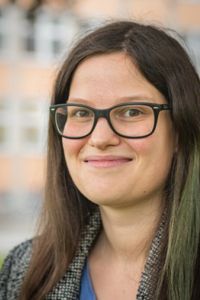
Chemical laboratory technician MUL
Sara Widhalm
works as a chemical laboratory technician at Montanuniversität Leoben. She is experienced in sampling, digestions, sample preparation and ICP-MS measurements, manual and automated Sr/matrix separation. She is in charge of TIMS (Thermoionization Mass Spectrometry) and familiar with MC-ICP-MS. Within the project, she will support sample preparation and analysis.
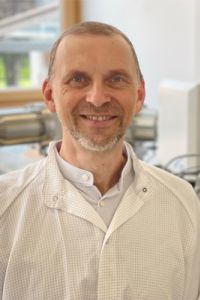
Scientist MUL
Univ. Prof Dr. Thomas Prohaska
is Full Professor and Head of the Chair of General and Analytical Chemistry at MUL since October 2018. With 140+ relevant publications he is a leading researcher in the field of elemental and isotopic analysis. Thomas has started to work on the findings of Asparn/Schletz back in the 1990s. He will contribute to UBC with his expertise in analytical chemistry and citizen science-based approaches (Sparkling Science projects).

Bachelor student MUL
Role in the project: Bachelor thesis
Ahmed is currently pursuing his bachelor’s degree in Environmental Protection and Process Engineering at MUL. His research is centered on the intriguing topic of Strontium Isoscapes and data modeling both in terrestrial ecosystems as well as aquatic ecosystems. Ahmed's thesis involves the sophisticated use of geostatistical interpolation methods and regression techniques, which are well-documented in scientific literature. His work will further delve into the intricacies of modeling, mapping, and analysis of Strontium isoscapes, employing advanced tools such as ArcGIS Pro 3.2, RStudio 2023, Python Spyder, and MATLAB R2023b.
Team
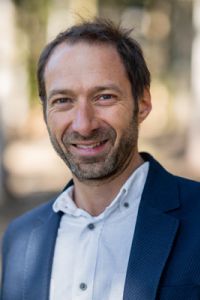
PI Team BOKU
Priv.-Doz. Dr. Markus Puschenreiter
has been a soil ecologist at BOKU since 2000. He is an expert in soil quality assessment, in rhizosphere processes and in the development of plant-based soil remediation approaches.
In UBC, he will coordinate the soil sampling strategy as well as the soil sample processing with schoolchildren at BOKU.
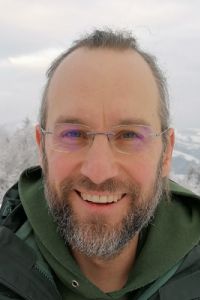
Scientist BOKU
Dipl.-Ing. Dr. Olivier Duboc
is a soil scientist at BOKU, who received his PhD in December 2019. His work focuses on the role of soils in elemental cycles and the recycling of valuable elements, such as phosphorus and boron, from waste materials and the potential re-use as fertilizers. He is expert in chemical soil assessment and elemental analysis in soil extracts.
In UBC, he will support the soil sampling strategy as well as the soil sample processing with schoolchildren at BOKU.
Team

PI NHM
HR ao. Univ.- Prof. Dr. Maria Teschler-Nicola
is the retired director of the Department of Anthropology of the NHM and a highly experienced anthropologist with a focus on morphology and paleopathology of ancient human remains. Her projects have dealt with human remains dated from the Palaeolithic to the Middle Ages; further research and publication of the Schletz finds is a personal concern of hers. For decades, MT has collaborated with archaeologists, chemists, physicists, and molecular biologists. She was/is PI and partner of FWF & EU research projects and her results are published in high-ranking journals.
In UBC, she will select the samples for Isotope analysis and will carry out further work in person on the bioanthropological analysis of the human skeletal remains from Schletz.
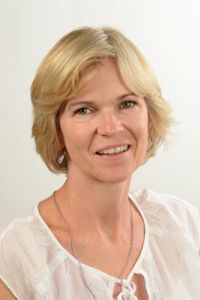
Scientist NHM
Mag.a Friederike Novotny
works as an anthropologist at the Natural History Museum Vienna.
In UBC, she will participate in the acquisition and evaluation of the anthropological data.
Team
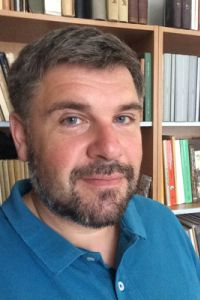
PI LSNÖ
Dr. Franz Pieler
is the head of the Department of Prehistory and Historical Archaeology at the State Collections of Lower Austria and scientific head of MAMUZ. He has a lot of experience e.g. with surveys, experimental archaeology and of interaction with the public. As the LPC is his personal research focus, Franz has the overall responsibility for the direction of research projects surrounding the flagship site of Schletz. In this capacity, he is closely involved into the steering of the work done within UBC.


